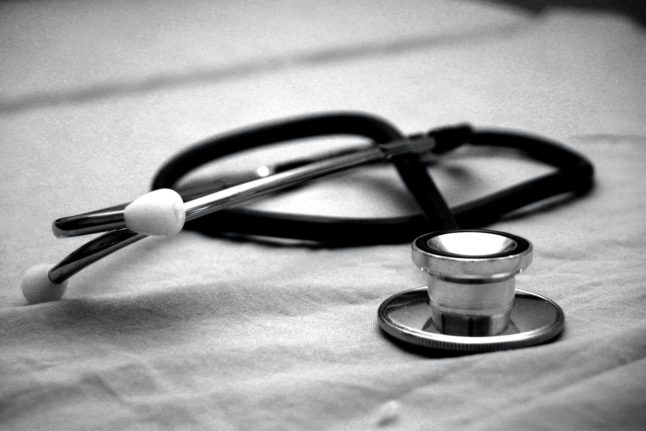The flip side of having so many types of possible insurance in a risk-averse country like Austria is that it can be complicated to figure out what’s covered and when. This is particularly true if you have an accident that leaves you unable to work – either temporarily or permanently.
If you’re employed or self-employed in Austria and covered through a public insurer like ÖGK or SVS, you will already be covered for any accidents that may happen in the course of your duties. In addition to your health insurer, your employer will also have to have accident insurance that covers all employees if something happens to them while at work. This insurance usually covers employees on their way to and from work as well – with coverage lasting from the time they leave their home for work to the moment they return.
This occupational insurance will also cover workplace illnesses as well, should there be any.
But what happens if you have an accident in your private time, and thus it’s not covered by your workplace-related insurance? This can be particularly relevant for people who drive a lot outside work or take part in extreme sports.
READ ALSO: Everything foreigners need to know about the Austrian healthcare system
If an accident like that happens, your health insurance will cover the medical treatments you need for acute injuries. But you may end up being on the hook for other costs. These can include the need to make your home accessible or benefit payments if the accident is expected to leave you off work, either for a long period of time or even permanently.

If you’re left unable to work, most private accident insurances will pay you daily allowances so that you can continue to support yourself financially. If you’re left permanently unable to work, you will typically receive an invalidity benefit.
Depending on what the accident involves, you may also be on the hook for the cost of search and rescue operations or even plastic or dental surgery.
Your public health insurance in Austria does not cover costs of having a mountain accident, for example, and people who go skiing or do other types of Alpine sports usually take out an extra insurance (or are insured with the associations Alpenvereine) before their holidays.
READ ALSO: Why getting rescued in the Austrian Alps could cost you thousands
Private accident insurance – or Unfallversicherung – can step in to cover these costs if you’ve taken out a policy. If you happen to die in the accident, it will also pay out a death benefit to your loved ones to help fund funeral costs, for example.
What if I’m not able to work due to illness and not an accident?
A more comprehensive – and usually more expensive – version of accident insurance is Berufsunfähigkeitversicherung, which replaces the income of someone who becomes completely unable to practice their profession. People in higher-risk professions like builders may have this type of insurance. If they become unable to work anymore, this insurance will pay out their salaries until they reach retirement age.
However, this type of insurance also covers someone if they become unable to work due to illness as well as accidents. Accident insurance, by contrast, will only pay out daily allowances or invalidity benefits if you become unable to work due to an accident rather than an illness.
READ ALSO: What kind of insurance do I need to have in Austria?
Although Berufsunfähigkeitversicherung is more comprehensive, it’s also a lot more expensive. Policies with higher payout rates in the event of being unable to work anymore can run you over €100 per month.
By contrast, many accident insurance plans are available for a fraction of this.



 Please whitelist us to continue reading.
Please whitelist us to continue reading.
Member comments